
The River Rhine Gets Shallow Again in Fresh Climate Blow
The cost of shipping fuel along the Rhine river has surged as low water levels curb barges’ carrying
2023-10-20 00:56

Meta Platforms' ad-free service targeted in EU consumer complaint
By Foo Yun Chee BRUSSELS (Reuters) -Meta Platforms' advertising-free subscription service, a fee-based offering rolled out in Europe this month,
2023-11-30 18:55

Asahi Kasei Begins Licensing of Design and Manufacturing Technology for Lithium-Ion Capacitor as Next-Generation Energy Storage Device
NOVI, Mich. & NEW YORK & DÜSSELDORF, Germany & TOKYO--(BUSINESS WIRE)--Jul 27, 2023--
2023-07-27 19:52

Period and fertility tracking apps scrutinised over data security concerns
The UK’s data protection regulator is to review period and fertility tracking apps over concerns around the data security of such platforms. The Information Commissioner’s Office (ICO) said the review was in response to figures it had obtained from its own research, which found that more than half of women using these apps had concerns over how their data was being used. The data protection watchdog’s research showed a third of women have used apps to track their periods or fertility, and more than half of those who have used an app believed they had noticed an increase in baby or fertility-related adverts since signing up, with 17% said they had found this distressing. The ICO said its poll showed concerns around data use and how secure their data was were named as bigger fears among women than the cost of these apps or ease of use. We want to make sure women can use these services with confidence, so we’re calling for people to share their experiences Emily Keaney, ICO The regulator is now urging users to come forward and report their own experiences using tracking apps as part of a call for evidence. It said it had also contacted companies who provide period and fertility tracking apps to find out how they are processing users’ personal information. The ICO said the focus of its work would be to identify if there was the potential for harm and negative impact on users. “These statistics suggest data security is a significant concern for women when it comes to choosing an app to track their periods or plan or prevent pregnancy,” Emily Keaney, ICO deputy commissioner of regulatory policy, said. “That’s not surprising, given the incredibly sensitive and personal information involved. “We want to make sure women can use these services with confidence, so we’re calling for people to share their experiences. “This will help us understand whether there are areas that need improvement – from how easy it is to navigate privacy policies to whether people have experienced upsetting and unexpected targeted advertising. “We also know some users feel these apps bring many benefits and we’d like to hear about these too. “As with all health apps, we would expect organisations to safeguard their users’ privacy and have transparent policies in place. “This review is intended to establish both the good and bad of how the apps are working currently. “Once we have more information, we will explore next steps, but we will not hesitate to take regulatory action to protect the public if necessary.” Read More Charity boss speaks out over ‘traumatic’ encounter with royal aide Ukraine war’s heaviest fight rages in east - follow live Russian cyber-attacks ‘relentless’ as threat of WW3 grows, expert warns Warner Music sign first digital character Noonoouri and release debut single Met should thoroughly investigate cyber security practices, say experts
2023-09-07 19:23

Banzai’s Webinar Solution, Demio, Becomes HubSpot App Partner With Certified Integration
SEATTLE--(BUSINESS WIRE)--Aug 29, 2023--
2023-08-29 20:51
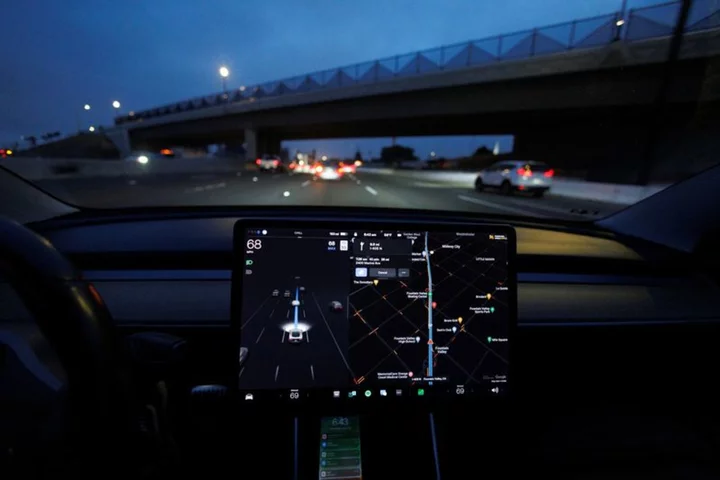
Tesla faces more questions from feds on Autopilot safety
By Hyunjoo Jin and Joseph White (Reuters) -The U.S. auto safety regulator investigating Tesla's Autopilot driver assistance system is demanding
2023-08-30 04:53

Time is running out to file claims for Facebook's $725 million data privacy settlement
Anyone in the United States who had a Facebook account in the past 16 years has roughly one week left to file for payment in a data privacy settlement case.
2023-08-17 21:15

Tokyo Heat Smashes 150-Year Trend as Extreme Weather Bakes Globe
Temperatures in central Tokyo have soared to nearly 9C (16F) above the seasonal average, as the extreme heat
2023-07-18 08:47

'Bizarre' footage captures moment an octopus wakes up from a 'nightmare'
Rare footage of an octopus having a 'nightmare' has been captured and it is fascinating scientists who study the creatures. The footage comes courtesy of The Rockefeller University in New York where an octopus named 'Costello' was studied for 24 hours a day in a laboratory. In papers published by bioRxiv, they found that on at least four occasions the octopus woke up abruptly and began flailing its tentacles, changing colour, shooting black ink into the water and displaying "antipredator and predatory behaviors." The experts put this behaviour down to temporary stress which they believe was likely caused by a bad dream or even a memory from a previous traumatic moment. Sign up to our free Indy100 weekly newsletter Speaking to LiveScience, Eric Angel Ramos, a postdoctoral researcher at the University of Vermont said: "It was really bizarre because it looked like he was in pain; it looked like he might have been suffering, for a moment. And then he just got up like nothing had happened, and he resumed his day as normal." Compilation of the four abnormal sleep-associated episodes documented in a male Octopus insularis. www.youtube.com One thing the scientists did note is that when Costello arrived in the lab he appeared to be recovering from several severe injuries having lost the majority of two of his tentacles following an attack. When suggesting that Costello could have been dreaming about the attack the scientists noted: "can result in long-term behavioral and neural hypersensitivity." There has also been suggestions from Robyn Crook an associate professor of biology at San Francisco State University, who was not involved in the study, that Costello's behaviour could be down to something called senescence, which is when an octopus' body begins to break down before their death. Ramos concluded that he could not "exclude that senescence could be one of the drivers of this." This is not the first time footage of this nature has been captured. Back in 2019, PBS shared incredible footage of an octopus changing colour while it appeared to be dreaming. Have your say in our news democracy. Click the upvote icon at the top of the page to help raise this article through the indy100 rankings.
2023-05-29 16:19
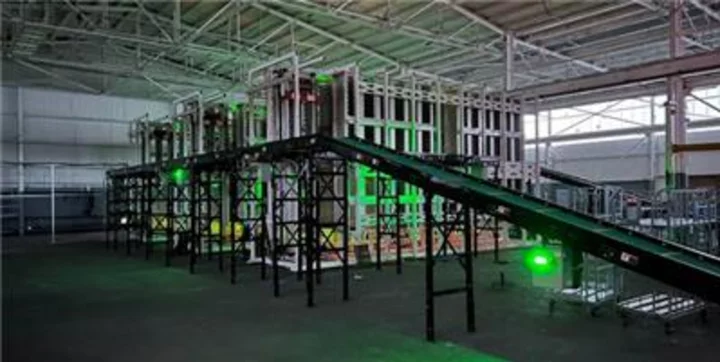
Boxbot Raises $12M Series A Led by Playground Global to Help Last Mile Carriers Increase Productivity at Significantly Lower Cost
ALAMEDA, Calif.--(BUSINESS WIRE)--Sep 18, 2023--
2023-09-18 20:22

Get a lifetime subscription to this time-saving AI writing tool for under £30
TL;DR: A lifetime Pro subscription to Write Bot™ is on sale for £30.96, saving you
2023-08-05 12:27

Amazon Hardware Chief Dave Limp to Retire, WSJ Says
Amazon.com Inc.’s devices chief Dave Limp plans to retire from the company in the coming months, the Wall
2023-08-15 04:46
You Might Like...
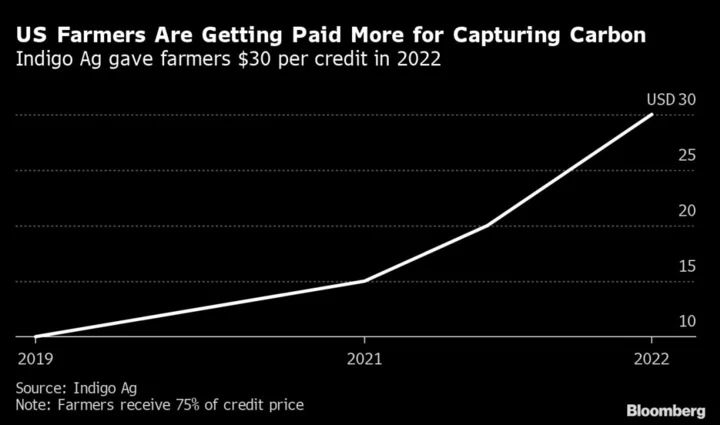
Indigo Ag Gets $250 Million in Funds to Scale Up Carbon Capture
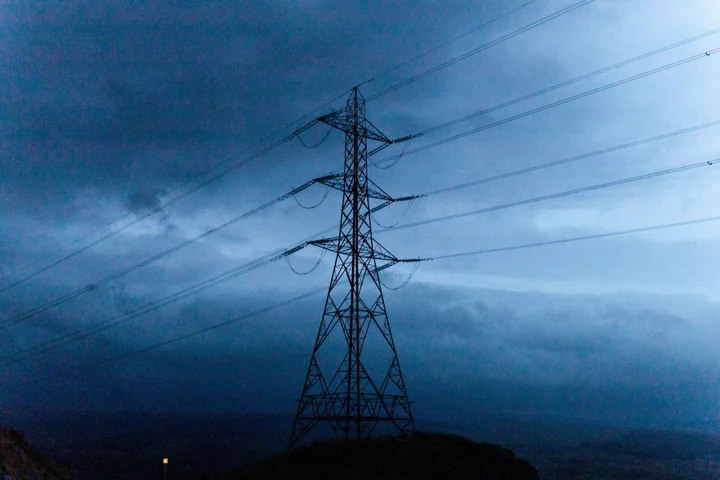
UK Needs to Build Eight-Hour Batteries to Balance Power Grid

Final Fantasy XVI Japan Sales Drop Second Week After Launch

Laptops for Lounges and Desktop PCs for Dorm Rooms – Newegg Has Deals for Students Gearing Up for Back to College and Back to School

CitrusAd Gives Brands the Key to Keywords
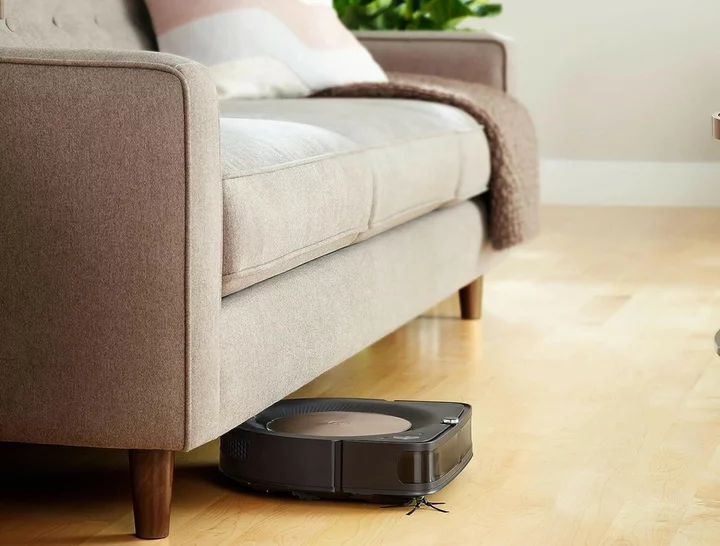
Our favorite robot vacuum for pet hair is 20% off, but we suspect it's about to drop lower

Sluggish Browser? Here's How to Speed Up Google Chrome
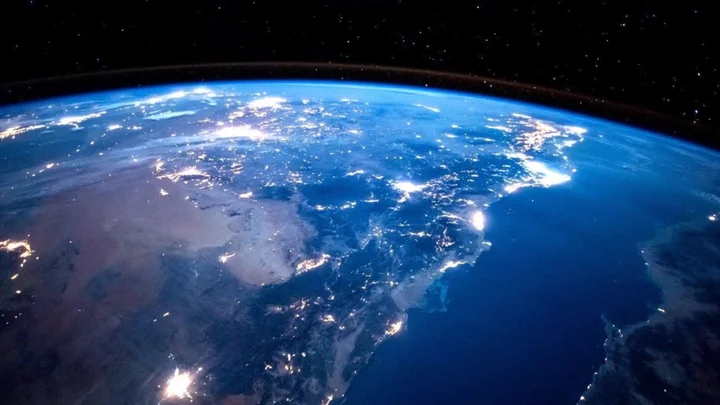
A scientist has discovered when Earth's first continent was formed
